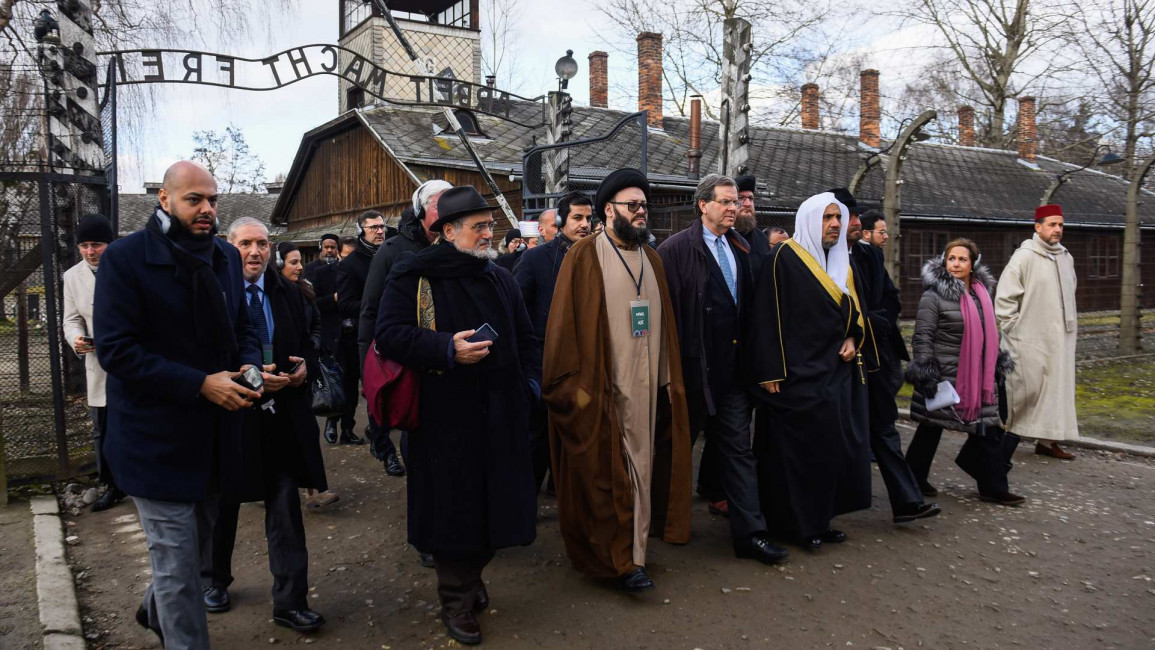Saudi cleric says combatting anti-Semitism a 'religious and moral obligation'
Issa was given a prize by the Combat Anti-Semitism Movement and the American Sephardi Federation, in a virtual ceremony on Tuesday celebrating Muslim leaders tackling anti-Semitism and racism.
"Fighting anti-Semitism is a religious obligation and a moral obligation," Issa told AFP from the Saudi capital Riyadh.
The former justice minister vowed that the Muslim World League would "keep on until there is no more antisemitism and racism."
The organisation is financed by Saudi petrodollars and is seen as a diplomatic arm of the kingdom, as well as an instrument of Wahhabism, the austere Sunni Muslim doctrine.
Political conflicts have led to tensions between Islam and Judaism, Issa said, calling on people to put such differences aside.
"Political outlooks change over time but our values, our morals should never change," he said.
The Saudi cleric was praised in January by Israeli Prime Minister Benjamin Netanyahu, for travelling to Poland for events marking 75 years since the Nazi death camp Auschwitz was liberated.
"This is another sign of change in the attitude of Islamic bodies and, of course, the Arab states toward the Holocaust and the Jewish people," Netanyahu said at the time.
Visiting the World War II extermination camp, where the majority of more than a million people killed were Jews, marked a turning point for Issa.
"We went to Auschwitz to tell the world that we are against these crimes and they will not be repeated," he said.
Riyadh has no formal diplomatic ties with Israel, but the two have a common enemy in Iran.
Both countries accuse Tehran of wanting to broaden its influence in the Middle East and develop nuclear weapons.
While Egypt and Jordan have relations with their neighbour Israel, other Arab states have set a peace deal with the Palestinians as a condition for normalising ties.
But Netanyahu's government has sought to improve ties with Gulf nations in particular, including Israeli officials appearing at sport events in the United Arab Emirates.
Follow us on Facebook, Twitter and Instagram to stay connected


![President Pezeshkian has denounced Israel's attacks on Lebanon [Getty]](/sites/default/files/styles/image_684x385/public/2173482924.jpeg?h=a5f2f23a&itok=q3evVtko)



 Follow the Middle East's top stories in English at The New Arab on Google News
Follow the Middle East's top stories in English at The New Arab on Google News


